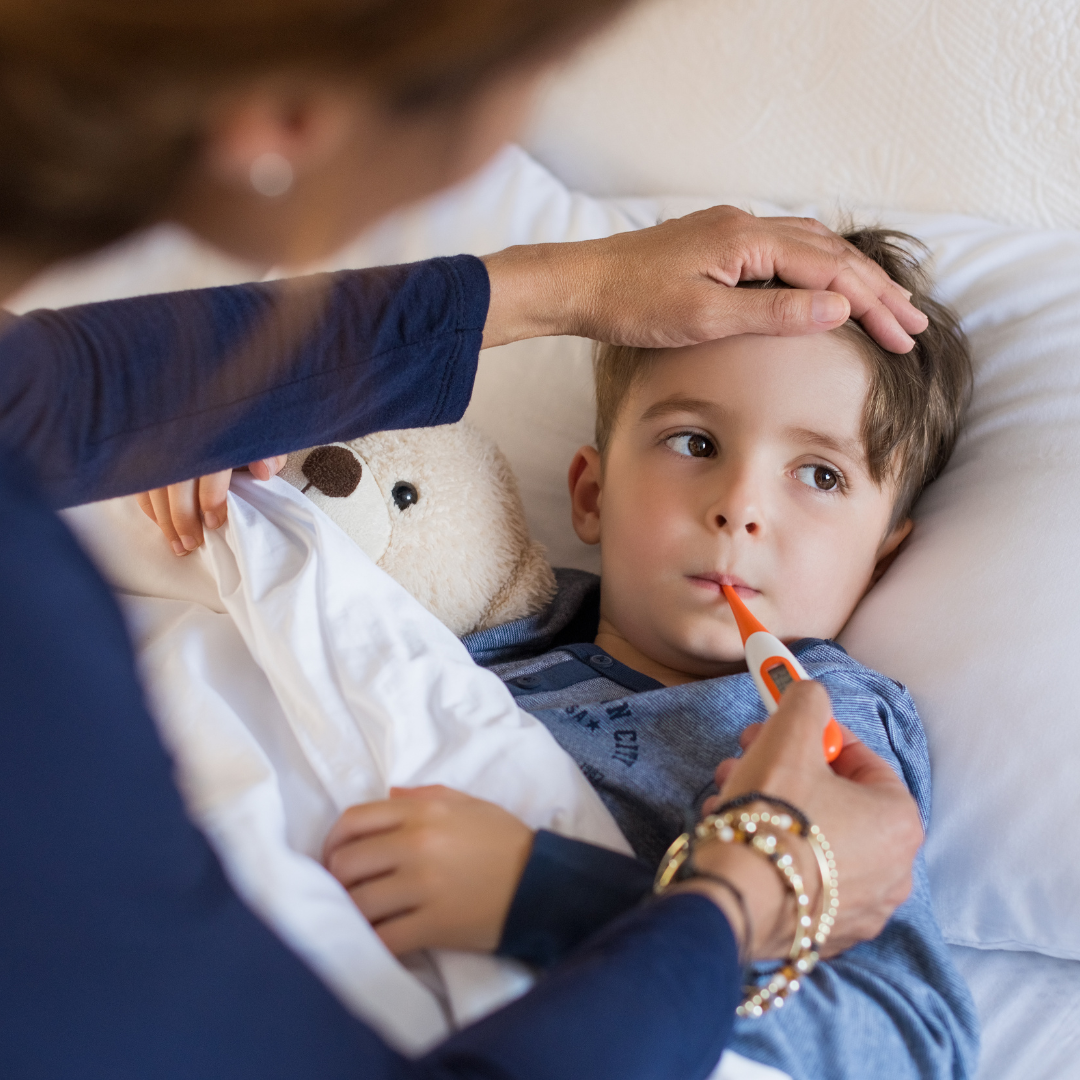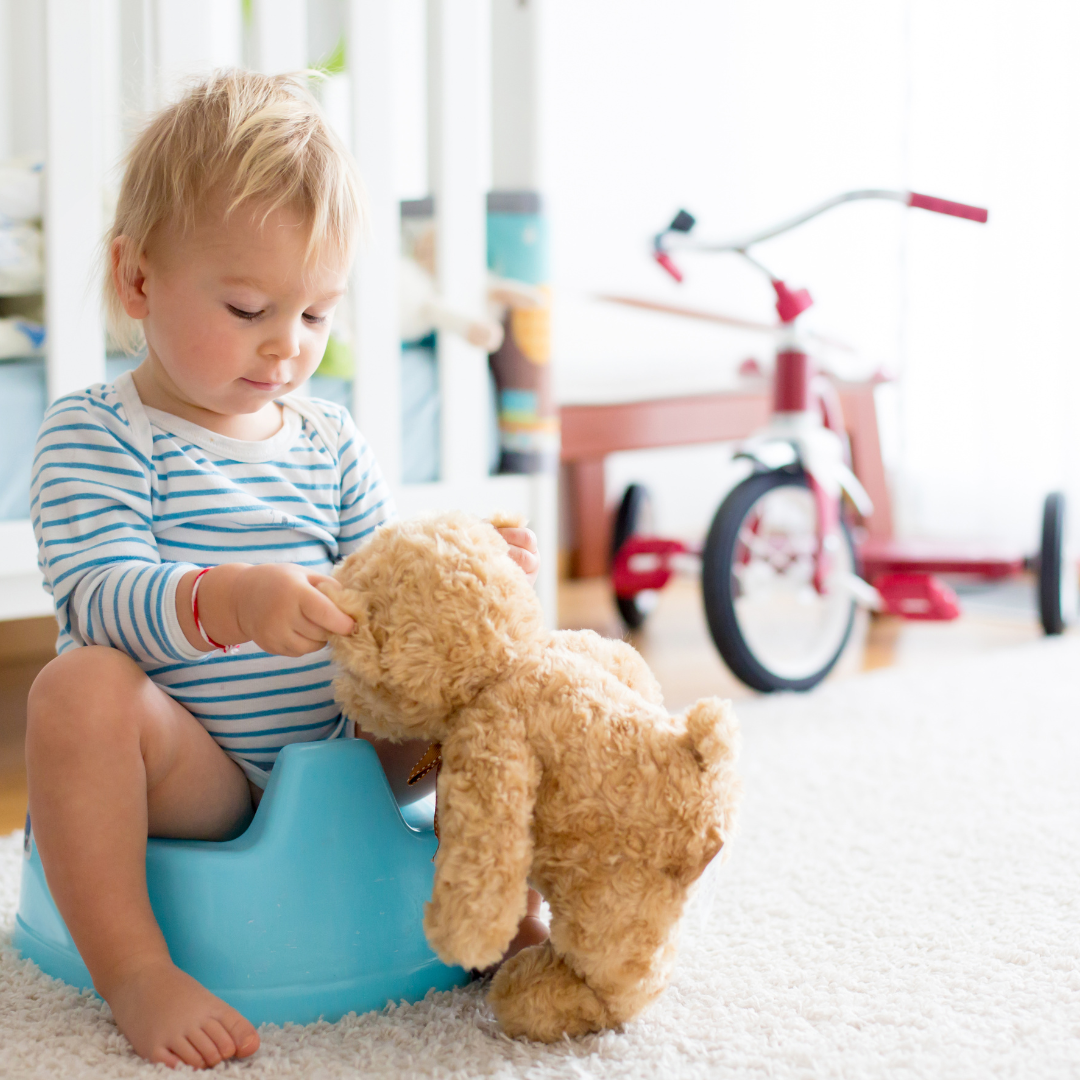Article: How to Treat a Child with Cold

How to Treat a Child with Cold
Dealing with a child's cold can be a challenging and worrisome task for any parent. A common illness among children, colds can cause discomfort and disrupt daily activities. As a parent, knowing how to effectively treat your child's cold is essential to provide them with relief and ensure a speedy recovery. In this article, we will discuss various methods and remedies that can help alleviate cold symptoms and support your child's immune system.
1. Recognizing the Symptoms of a Cold
Before proceeding with treatment, it is crucial to identify the symptoms of a cold in your child. Common signs include:
Runny or Stuffy Nose
A persistent runny or stuffy nose is one of the primary indications of a cold. The nasal passages become inflamed and produce excess mucus, making breathing difficult for the child.
Sneezing and Coughing
Frequent sneezing and coughing are other prominent symptoms. Colds are highly contagious, and these actions can spread the virus to others.
Mild Fever
Children may experience a mild fever when battling a cold. Monitoring their temperature regularly is crucial to ensure it doesn't escalate.
Rest and Hydration
Allow Ample Rest
Rest is essential for your child's body to fight off the cold virus. Ensure they get sufficient sleep and avoid strenuous activities during this time.
Keep Hydrated
Encourage your child to drink plenty of fluids, such as water, clear soups, or warm herbal teas. Hydration helps in thinning mucus and eases congestion.
Warm Saltwater Gargle
Soothe a Sore Throat
A warm saltwater gargle can help soothe a sore throat caused by continuous coughing and mucus drainage for older children.
Use a Humidifier
Increase Indoor Humidity
A humidifier can add moisture to the air, helping to relieve congestion and ease breathing for your child.
Steam Inhalation
Eucalyptus Steam
Inhaling steam with a few drops of eucalyptus oil can help decongest the nasal passages and provide relief from cold symptoms.
Saline Drops for Blocked Nose
Clearing Nasal Congestion
Saline drops can be used to clear a blocked nose in infants and young children. These drops help to loosen mucus, making it easier for them to breathe.
Honey for Cough Relief
Natural Cough Suppressant
Honey has natural properties that can soothe the throat and act as a cough suppressant. However, it is essential to ensure your child is at least one year old before giving them honey.
Provide Warm and Nutritious Foods
Boosting the Immune System
Offering warm and nutritious foods can provide comfort to your child and boost their immune system, aiding in a quicker recovery.
Over-the-Counter Medications
Consult a Pediatrician
While over-the-counter cold medications are available, it is vital to consult a pediatrician before administering them to your child, as some may not be suitable for young age groups.
Avoid Exposure to Smoke and Allergens
Irritants Can Worsen Cold Symptoms
Keep your child away from smoke and other irritants, as they can aggravate cold symptoms and lead to further complications.
Conclusion
In conclusion, a child's cold can be managed effectively with a combination of rest, hydration, home remedies, and, if necessary, over-the-counter medications (under the guidance of a pediatrician). A comfortable environment and ample love and care will help your child recover from the cold and return to their usual energetic self.
FAQs
Q1: Can I give my child any cold medication available in the market?
A1: It is crucial to consult a pediatrician before giving any cold medication to your child, as some may not be safe for young children.
Q2: Are there any natural remedies for cold relief?
A2: Yes, natural remedies like honey, steam inhalation, and warm saltwater gargles can help alleviate cold symptoms.
Q3: When should I be concerned about my child's cold?
A3: If your child's symptoms persist or worsen, or if they develop a high fever or difficulty breathing, seek medical attention immediately.
Q4: Can I use essential oils for my child's cold?
A4: Essential oils like eucalyptus oil can be used for steam inhalation, but it is essential to use them with caution and in recommended quantities.
Q5: How can I prevent my child from catching a cold?
A5: Encourage good hygiene practices, such as regular handwashing, and avoid close contact with individuals who have cold symptoms.


